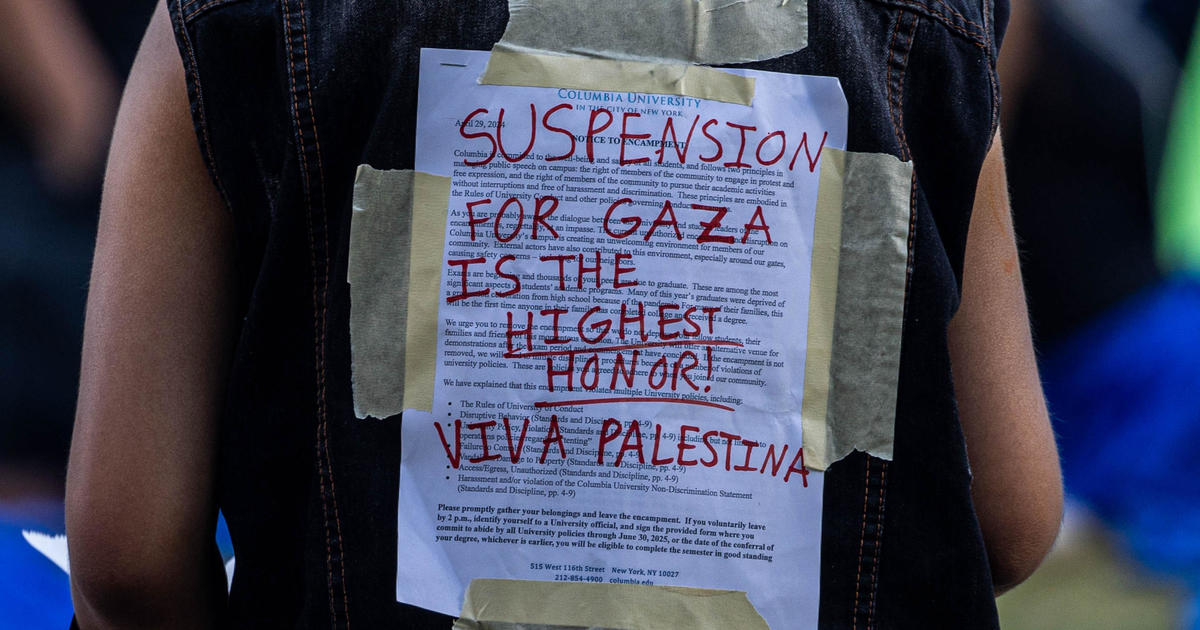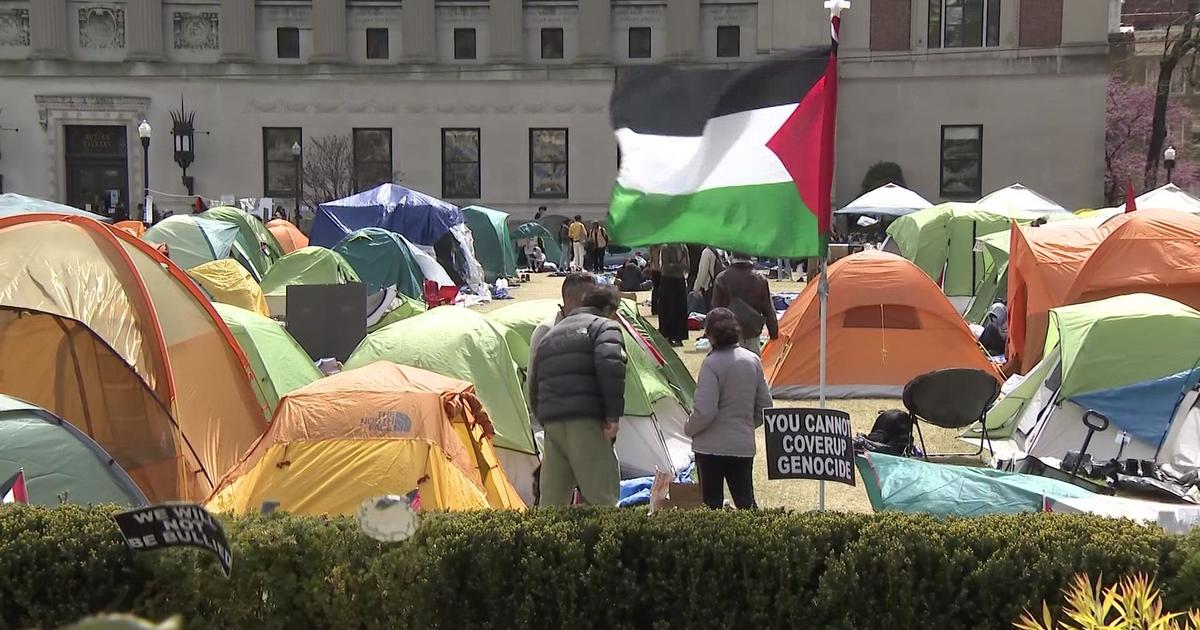Students and climate activists push local universities to fully cut ties from fossil fuel industry
NEW YORK -- Colleges and universities across the country are investing in climate education and research, but not all of them are practicing what they preach.
While some seem to be going green, they continue to accept funding from big oil companies. Students are now pushing their schools to cut ties with Big Oil.
Fossil fuel is a trillion dollar global business. But now due to climate, some universities are deciding not to invest.
Climate activists say renewable energy needs to take its place.
"The future is funded by the energy of the future instead of being tied to the energy of the past, which we need to phase out and we need to do it as quickly as possible," said climate activist and climate science writer Susan Joy Hassol.
- Related Story: Is your university profiting from climate change?
Princeton University is leading the region as the first university to commit to eliminating all of its holdings in publicly traded fossil fuel companies, the largest contributors to carbon emissions. To offset the loss from dissociation, the university says it plans to establish a fund that will back energy research.
A school could be divested, meaning they no longer invest in the fossil fuel industry, but that doesn't mean they're dissociated, cutting all ties from those oil and gas companies.
In New York City, Columbia University is the first school to stop investing in publicly traded oil and gas companies, according to fossil fuel divestment data.
Some students say it's a step in the right direction, but more needs to be done. The school's Center for Global Energy Policy uses evidence-based research to zero in on climate problems.
"The Center for Global Energy Policy takes a lot of money from oil companies, gas companies, fossil fuel companies. So we're working with them and talking with them about what the practical steps are for immediate dissociation from those funds and what the steps are to replace that funding with other funding," Jes Vesconte, a climate activist and Columbia University student, said.
"Even a fully divested university can still continue to accept hundreds of millions of dollars in research funding from the fossil fuel industry," Jake Lowe, from Fossil Free Research, added.
Lowe says the data those schools report may be skewed to appease investors.
"The Center on Global Energy Policy, where a lot of policy research is done related to climate change and renewable energy, and it is heavily funded by the oil and gas sector," he said.
Students at Columbia say they plan to partner with the incoming president and the board of trustees to continue pushing for dissociation.
New York University student Alicia Colomer is an organizer with Sunrise Movement, a national youth-led organization fighting for climate justice. She started a chapter at her school as she pushes them to stop funding fossil fuels.
"Students have been fighting for fossil fuel divestment at NYU since 2013. So it's been 10 years of people campaigning for this," she said.
Instead of Big Oil, she says funding from renewable energy sources is more in line with climate change research.
"It is really important that we stand up and hold our universities accountable, to have them completely dissociate with the fossil fuel industry and stop taking funding from them to fund biased and unclear climate research," she added.
NYU spokesperson Joseph Tirella says the school has no control over some of the university's stocks that are co-mingled. He says fossil fuels are a small fraction of the university's assets, and investment managers have been encouraged to "avoid fossil fuel investments in the future."
He says NYU will continue to pursue investments in renewable energy and carbon reduction technologies.




